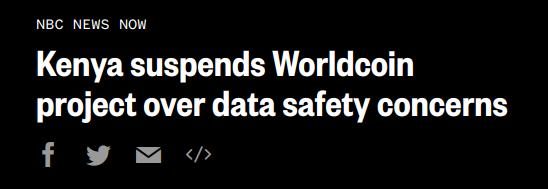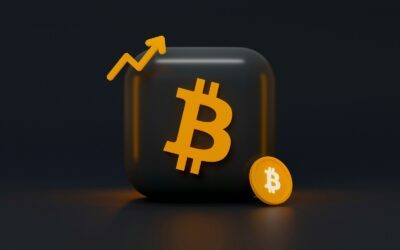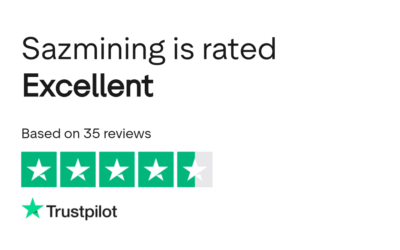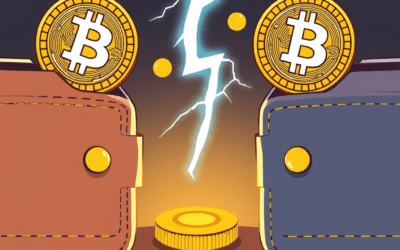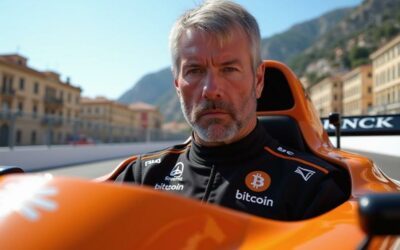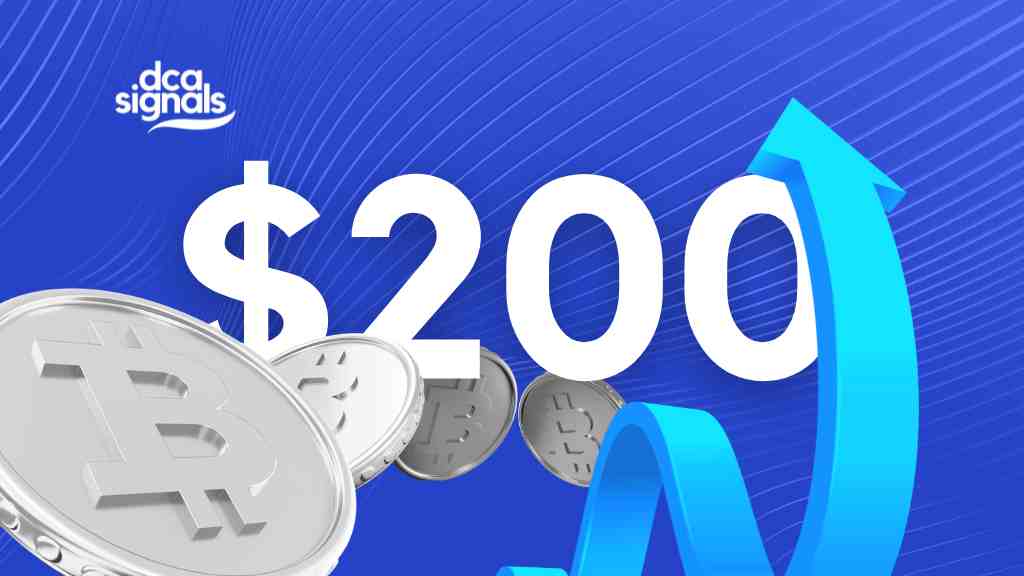Worldcoin is trending and people are flocking to scan their eyeballs for a bit of extra cash. Who says no to free stuff, right?
In this article we’ll clarify how much do you get when registering with the worldcoin orb. But we will also explain how much you can possibly lose.
Let’s get straight to the core.
Inhaltsübersicht
How much do you get from the worldcoin airdrop?
Worldcoin pays people who register one worldcoin token per week.
As per the worldcoin website:
“Everyone who has verified their uniqueness at an Orb may claim free Worldcoin (WLD) tokens in their World App, so long as they are located in a place where WLD token is available. (More details on token availability restrictions can be found in the Terms of Use.) At the moment, eligible verified users can claim 1 free WLD token per week with no maximum. The amount is consistent across applicable regions.”
Currently WDC is trading a little over one cent but it was once pumped to over USD 0.70 cent.
Source https://coinmarketcap.com/currencies/worldcoin/
This means you might get a one cent per week. If the value of WDC goes higher, it could be more if the value goes down it could be less.
Is worldcoin worth it?
Even if you are extremely desperate, worldcoin is a horrible trade you shouldn’t fall for. Why on earth would you waste your precious lifetime to stand in a line for hours to receive one cent in return?
Why would you give away your personal data for almost nothing?
Worldcoin has already agreed to sell the user data to governments.
https://beincrypto.com/worldcoin-governments-use-iris-scan-data/
Deception, exploited workers, and cash handouts: How Worldcoin recruited its first half a million test users writes MIT Technology review.
“The startup promises a fairly-distributed, cryptocurrency-based universal basic income. So far all it’s done is build a biometric database from the bodies of the poor.”
https://www.technologyreview.com/2022/04/06/1048981/worldcoin-cryptocurrency-biometrics-web3/
The truth behind Worldcoin
A shocking spectacle recently unfolded as a multitude of fervent admirers queued eagerly, not for the latest iteration of the iconic iPhone, but rather for something altogether eerie and unfamiliar – the enigmatic “Orb.”
The very name “Orb” emits an uncanny aura, reminiscent of a Death Star-like contraption with a sole purpose: to delve deep into the recesses of individuals’ eyes. And what of “Worldcoin”? A valiant attempt, no doubt.
Yet, these monikers, steeped in deliberations of corporate boards and risk mitigation strategies, hardly seem to possess the audaciousness required. They must appear innocuous to pique the curiosity of a broad spectrum of humanity.
The predicament at hand? A demographic seemingly impervious to the grasp of our technocrat overlords – the elderly. The stumbling block that impedes the unfettered realization of their grand visions: a world devoid of tangible currency, where digital IDs and health passports reign supreme. However, the challenge lies in the fact that a fraction, albeit a meager 5% or even 1%, remain resolutely incapable of aligning with these digital aspirations, rendering their exertions futile.
Enter Worldcoin, an apparent panacea. It stands poised to shatter this impasse.
The mechanism? Eye authentication – a concept that demands nothing of its human subjects. Chip implants follow suit, with the onus of operation squarely on the shoulders of their architects.
Notice the power dynamic this sets in motion?
As one waltzes into a supermarket and procures goods merely through the gaze of their eyes, the transaction’s power becomes concentrated within the creators’ grasp. For the end user, this experience hardly warrants the label of “user,” for they are not the ones “using” anything.
And now, we delve into the crux of the matter.
Is Worldcoin a scam?
The ultimate success of Worldcoin is, in fact, inconsequential. It necessitates a shift in perspective, viewing it not as a standalone product or a solitary enterprise, but as mere cogs within an intricate, timeless tapestry.
As George Orwell penned, “if one is to rule, and to continue ruling, one must be able to dislocate the sense of reality.”
The architects of our modern democracy harbor an insatiable appetite to supplant reality, along with natural law, with a meticulously curated synthetic realm under their absolute dominion. Their blueprint is unequivocal:
**Design:** Funnel colossal sums to DARPA subcontractors, three-letter agencies, and sundry entities to tinker with technologies capable of undermining the bedrock of the common reality.
**Inception:** Over decades, Hollywood plants the seeds of these technologies in the collective psyche, a litany of forewarnings spanning Soylent Green to Black Mirror.
**Choice:** As the stage is set, a young innovator emerges from the hallowed halls of Stanford, birthing companies brandishing avant-garde products brimming with said technologies – AI, iris scanning, and the like. Should early adopters bite, success follows, as was the case with Facebook and Google. If not, the cycle recommences with fresh personas and brands.
**Acceptance:** Over time, critical mass embraces adoption; manufacturing juggernauts like Foxconn churn out “smart” trinkets accessible to the masses for seemingly negligible costs. A prime instance: the year 2023 boasts 6.92 billion smartphone users.
**Compliance:** As growth levels off, authorities grab the reins, enforcing the technology’s mandatory usage. Resistance brands one a public health risk, with food, mobility, and funds rendered contingent upon compliance. A pertinent example: the pandemic ushered in prolonged technological usage as health measures took hold.
**Disclosure:** With the process irreversible, the true cost of these technologies becomes apparent – the proverbial “we told you so.”
The production, a grand theater.
The conventional narrative extols the genius of Apple, Microsoft, Facebook, Tesla, and now Worldcoin, attributing their ascendancy to visionary geniuses defying the odds to revolutionize their fields. These luminaries are idolized, their narratives masterfully curated to resonate with the masses.
Yet, beneath the facade, these founders are mere marionettes, carefully chosen and manipulated to execute a preordained script.
Millennials ascending from obscurity to helm not one, but two world-altering enterprises like OpenAI and Worldcoin? Do we expect this as the norm? Elon Musk’s far-reaching involvement in Paypal, Tesla, SpaceX, StarLink, Neuralink, Twitter, the Boring Company, and OpenAI – all while championing Dogecoin and sparring with Zuckerberg?
It strains credulity.
These individuals are performers, charismatic luminaries captivating millennials and early adopters. Notably, such personas are a rare breed (until AI-driven CEOs take over), necessitating their reuse for greater ease in orchestration. Directing a handful of players proves more manageable than herding hundreds or thousands.
What of the commendable technologies, those that truly serve humanity’s interests – healthcare, transportation, energy? Their inventors are stifled, their inventions vilified. The truth is harsh: “Science, in the old sense, has almost ceased to exist [. . .] Technological progress only happens when its products can in some way be used for the diminution of human liberty.” (1984, George Orwell)
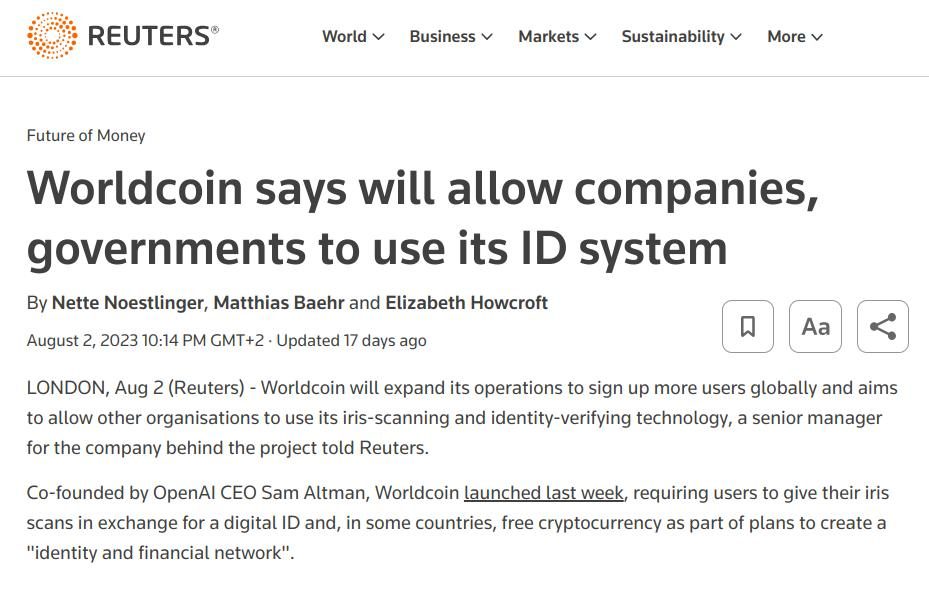
How to get out of worldcoin
“For every human,” declares their homepage motto, superimposed over a spinning globe adorned with vibrant dots resembling the countless “humans” scanned by the Orb.
“The Worldcoin community is building a more human economic system,” their marketing spiel continues. “A more human internet,” it reaffirms, as if underscoring the point.
And then there’s Anthropic, an AI firm christened with a name drawn from the Greek term for human, “Anthropos.” It’s as if these AI firms have humanity’s best interests at heart. Or so they would have us believe.
Pause and ponder.
Truth, for most, is a virtue. Gandhi’s aphorism “Truth is God” resonates deeply, encapsulating the notion that truth, for humanity, is akin to divinity. Yet, for the predator class and their collaborators, a different ethos prevails. Falsehood, deceit, and subterfuge dominate, and truth’s antithesis rears its head.
Consider the recent times. The veil of pandemic measures concealed as public health initiatives – donuts and free money offered in exchange for “safe and effective” medical interventions.
A similar ruse plays out in the technology realm. Iris scans, chip implants, and Worldcoin’s promises of a “more human” world lull us into a false sense of security. In truth, these narratives are part of a grand illusion, akin to a Hollywood script laden with dramatic twists.
“So, will Worldcoin triumph?”
In the grand scheme, it matters not.
Worldcoin’s victory or defeat is immaterial. It behooves us to perceive it not as an isolated phenomenon but as a fragment of a much larger saga. Like characters in an ongoing narrative, these entities and products serve a timeless purpose.
For Worldcoin, iris scanning, and Hollywood’s overarching dramatic tales, the critical insight is that we must transcend binary oppositions. The choice is not between good and evil, technocratic dominion and defiant resistance. Instead, we must break free from the narrative constructed by the architects of “our democracy.”
Hold fast to individuality, embracing families and ancestral bonds. Embrace what’s tangible and real – the natural world. Anchor faith not in humans, but in the divine. This, and only this, is the true escape from the dualistic narrative, the ultimate liberation from the theatrical confines that obscure reality.
In the words of Cypher from “The Matrix,” “Buckle your seatbelt, Dorothy, because Kansas is going bye bye.”
